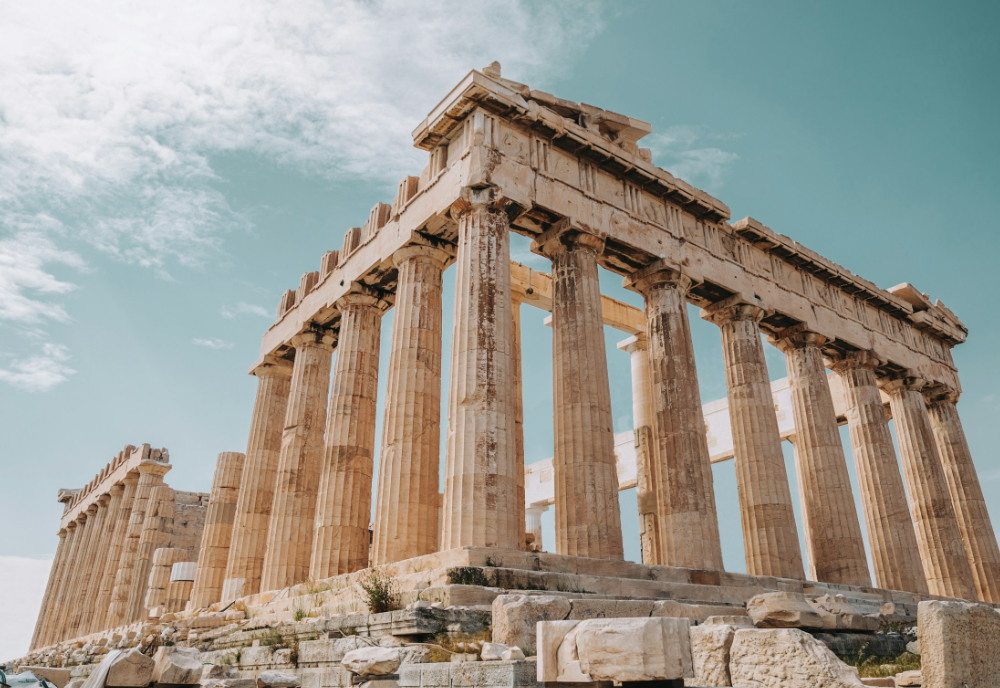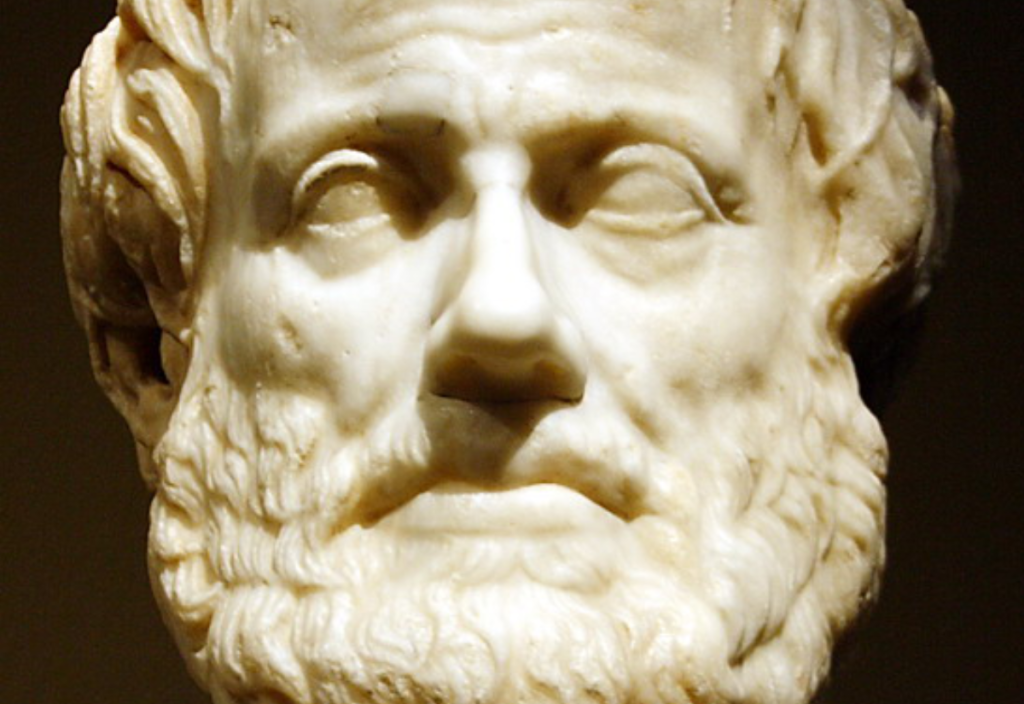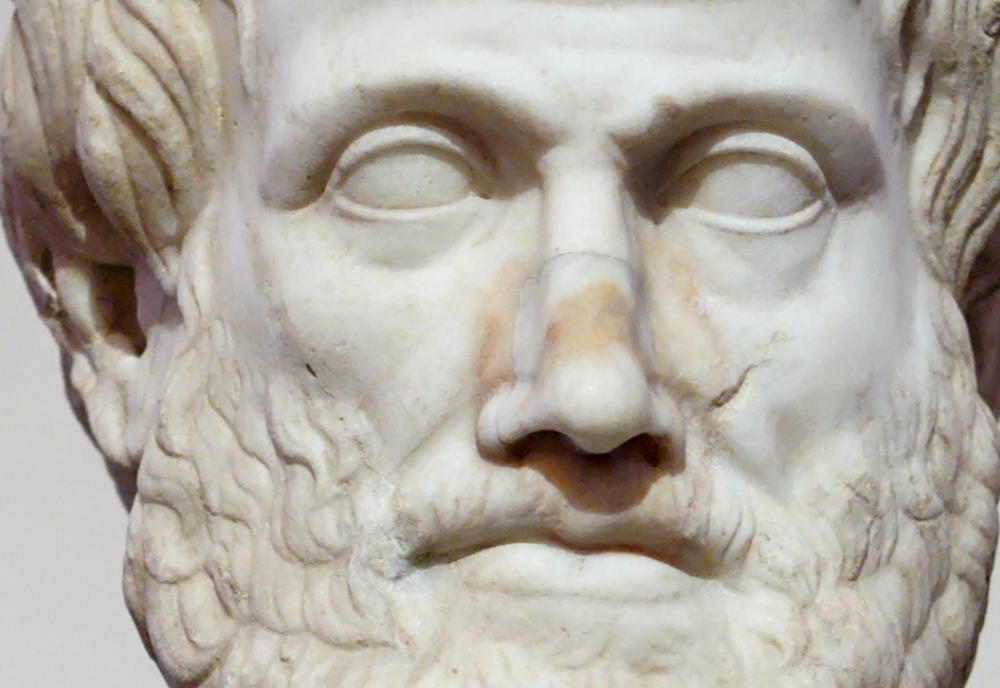This article is the first in a two-part series.
That the liberal democracies are floundering has been widely observed. That’s not to say that the new autocrats are offering a better, more attractive model of governance. But it is to say that, from the United States to the democracies of Western Europe – not least Britain and France, where it all began – the mechanisms of popular sovereignty and accountable government that we upheld, throughout the 20th century, against Nazism and communism, are malfunctioning. They need renovation.
The question of the hour is: On what lines? How is this to be done?
The 5 October 2024 issue of New Scientist ran a cover essay ‘How to Rebuild Democracy’, by Laura Spinney. It called for the creation of a ‘modern Athens’, by institutionalising, with the utilisation of advanced information technology, advanced forms of citizen assemblies and sortition to return “collective intelligence (the wisdom of crowds) to the core of politics”.
As Spinney expressed it, these steps, championed by specialist researchers at places such as Massachusetts Institute of Technology, New England Complex Systems Institute, International Institute for Democracy and University Mohammed VI Polytechnic (Morocco), could be used to “revive the original dream of government by the people for the people”.
There is considerable overlap between such proposals and other movements that are afoot, not least the Alliance for Responsible Citizenship – except that what Spinney and her sources are talking about is a set of abstract ideas, rather than an active movement.
Her essay pivots on a proposal put by Lex Paulson, from the Moroccan Polytechnic, and Mark Klein, from MIT, that the solution we all need has three key parts:
First, revert to the Athenian practice of sortition, or ‘lottocracy’, where policy-makers are chosen by random representative selection, as juries are in many countries. Second, capture as much collective intelligence as possible, through AI-augmented deliberation. And third, reinstate civic education to produce citizens who are willing and useful participants in a true democracy.
She makes the timely point that both political scientists and tech experts have been mooting such ideas for half a century. But now, as artificial intelligence (AI) blossoms, they are actively talking to one another about what could be done in theory.
But let’s take a step back and reflect on the basic premise here: that we should want a ‘modern Athens’. At a time when a wide range of activist opinion appears to militantly oppose the teaching of the history and ideas of Western civilisation – at the foundation of which sits classical Greece – the suggestion that Athenian democracy offers a valuable model for us globally is likely to encounter considerable opposition.
After all, when Australia’s Ramsay Foundation offered generous funding for a new curriculum in reading the great books of Western civilisation, it was roundly attacked and its proposal openly rejected by several leading universities.
But how well did democracy actually work in Athens? And, in any case, given that Athens was a small city state, with a couple of hundred thousand citizens of a substantially homogeneous cultural and ethnic background, how could its constitutional processes possibly work in states with tens or hundreds of millions of people of highly diverse cultural and ethnic backgrounds?
Spinney doesn’t address those questions. Any of us committed to meaningful democratic or constitutional reform must do so.
As regards democracy in Athens, we confront something of a paradox. On the one hand, it did not by any means reliably produce wise and effective policies of the kind our reformers think they can generate using technologically modernised Athenian deliberative processes.
At a time when a wide range of activist opinion appears to militantly oppose the teaching of the history and ideas of Western civilisation… the suggestion that Athenian democracy offers a valuable model for us globally is likely to encounter considerable opposition.
On the other hand, after the defeat of Athens by oligarchic Sparta, in the Peloponnesian War (432-404 BCE), not only did Athenian democracy revive (while Sparta declined) but something like democratic politics gradually became the default constitutional model for the Greek polis in the centuries that followed. Let’s ponder each of these superficially contradictory realities.
In a justly famous passage at the beginning of Book Six of The Peloponnesian War, Thucydides records the democratic debate at Athens, in the winter of 416 BCE, over whether or not to invade and seek to conquer Sicily. He shows us classical Athenian deliberative processes at work, and he shows that they failed abysmally, with fateful consequences for the city. He begins by stating that the Athenian assembly undertook to debate this subject, though most of them were ignorant of the size of Sicily and the number of its inhabitants, both ‘Hellenic and barbarian’. They were unaware that they were taking on a war as great as the one in which they were already engaged, against Sparta and the Peloponnesian confederation.
The debate began and, as the historian recounts, veteran general Nicias, “who thought that the state was not well advised, but upon a slight and specious pretext was aspiring to the conquest of the whole of Sicily,” spoke against the expedition. Nicias had been appointed commander of the proposed expedition, much against his own inclination.
His argument was lucid. He stated that the Athenians “ought not to give so little consideration to a matter of such import”, and not go “grasping at another empire before we have secured the one we have”.
In Thucydides’ text, Nicias’ speech runs to three pages and is compelling. But he was unable to induce his fellow citizens to rethink their enthusiasm for the high-risk venture. He was followed by Alcibiades, who urged the assembly to embrace the expedition, dismiss the concerns raised by the older and more responsible Nicias, and go forth and conquer Sicily, scorning its rabble-filled cities and contemptuous of the Spartans.
Thucydides commented, “Everyone fell in love with the enterprise.” Thinking to sway them by reverse psychology, Nicias then returned to the rostrum and argued that, if they were intent on undertaking the invasion of Sicily, they would be prudent to double the number of ships and men they sent. They voted, then, to his dismay, to do exactly that. And so began a great expedition which was to prove catastrophic.
It’s important to register here Thucydides’ summation of why the vote went as it did, why the “wisdom of the crowd”, in this great matter, proved to be sheer folly. He wrote:
The older men thought that they would either subdue the places against which they were to sail, or at all events, with so large a force, meet with no disaster; those in the prime of life felt a longing for foreign sights and spectacles, and had no doubt that they should come home safe again; while the idea of the common people and the soldiery was to earn wages at the moment, and make conquests that would supply a never-ending fund of pay for the future. With this enthusiasm of the majority, the few that did not like it feared to appear unpatriotic by holding up their hands against it, and so kept quiet.
This was the great democracy at work. And it was that same democracy by which the patron saint of critical thinking, Socrates, was condemned to death for encouraging scepticism and teaching what the city’s leading citizens deemed ‘atheism’, thereby “corrupting the youth”.
It was for roughly these reasons that the prolific political and ethical philosopher, Jason Brennan, argued, in Against Democracy, that the ignorance and stupidity of the mass of voters undermines the practice of democracy. In fact, he has written, a great many people have a moral obligation to not vote. We need a sortition process that selects for the responsible and well-informed and derives the “wisdom of the crowd” from that crowd.
Spinney nowhere engages with that argument. Any thoughtful critic of populism, any serious person troubled by the poor and deteriorating performance of the liberal democracies surely must do so.
Published on 20 November 2024.
If you wish to republish this original article, please attribute to Rationale. Click here to find out more about republishing under Creative Commons.
Photo by Spencer Davis on Unsplash.














